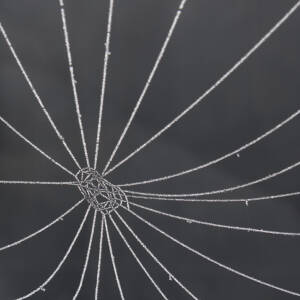On her way out
I learnt about the last royal death in April last year in age-old fashion, outdoors, from the tolling of church bells. This one was the opposite, by news on my mobile. I happened to be going to an NTLive performance in the cinema this evening so I was digitally whisked to a sombre announcement in the auditorium in London, which included a classic phrase I have never heard in real time before - "but the show will go on" - then a minute's silence and the national anthem.
I had forgotten a lot about 'Much Ado About Nothing'. I studied it for my belated A level in English literature 15 years ago when I quite enjoyed the Beatrice/Benedict wordplay - I certainly enjoyed seeing Tamsin Greig as Beatrice in an RSC production in the year I was studying - and I saw it as a challenge to traditional sex-roles. This evening's performance was cleverly set (1930s Italy) but I discovered that my, or maybe the director's, focus had completely changed, to the monumental injustice done to Hero not only by all the men around her, in being slandered and jilted, but also by Shakespeare in making her happy to be married off to the worm who had betrayed her. Was Shakespeare really wanting to make his audiences think about sex and gender? Or was he just dealing with the inconvenience of all actors being male?

Comments
Sign in or get an account to comment.


